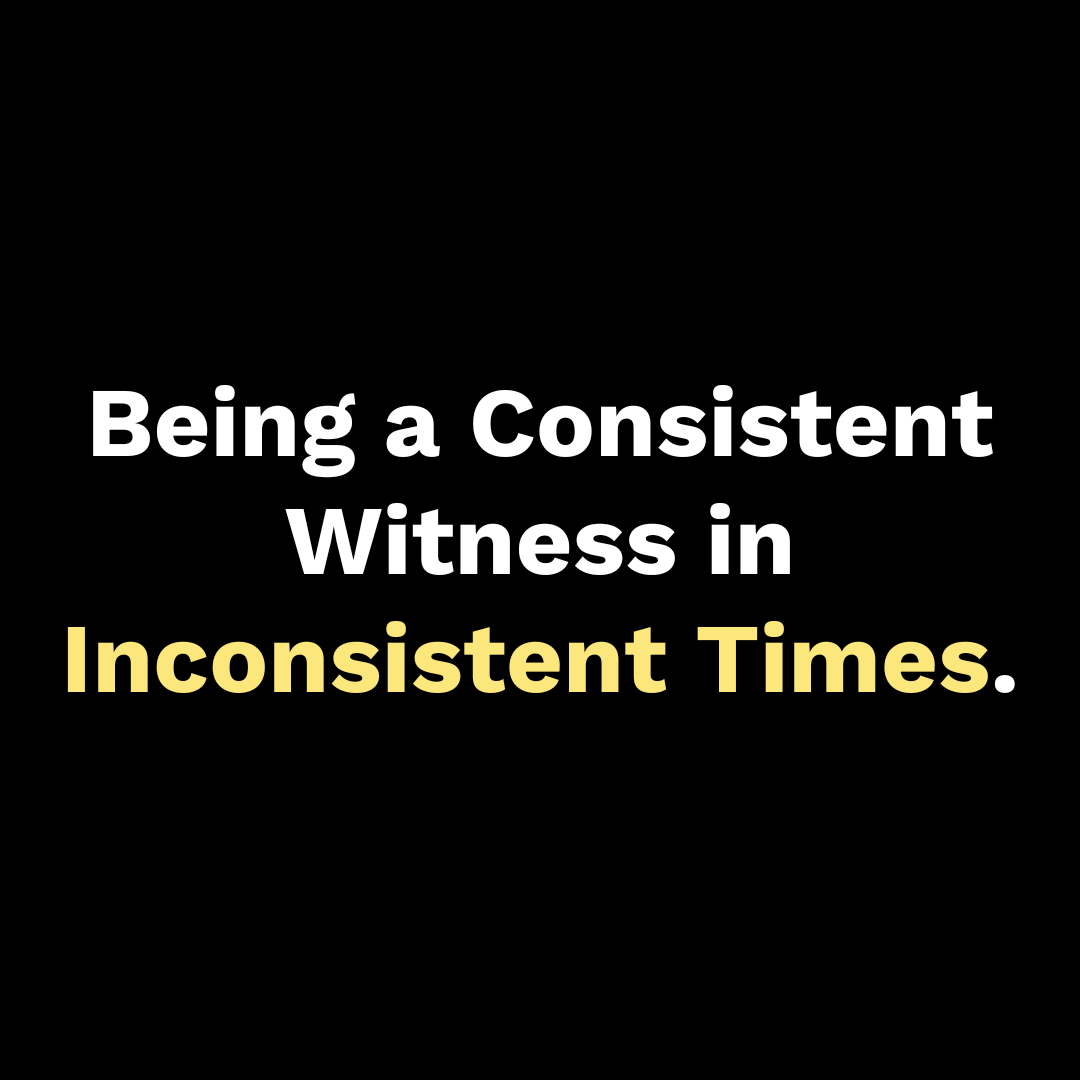Church should be a place of comfort, community, and spiritual growth. But for many, it can become a source of pain and disappointment. This experience, often referred to as "church hurt," can shake a person's faith and leave deep emotional scars. If you've been wounded by the actions or words of people within the church, know that you're not alone and that healing is possible. Let’s explore how you can navigate through this pain and begin to rebuild your faith.
Understanding Church Hurt
Church hurt can stem from a variety of situations—betrayal, judgment, hypocrisy, or even spiritual abuse. It’s important to remember that while the church is a body of believers, it is still made up of imperfect people. Recognizing that human flaws contribute to church hurt can help you separate the actions of people from the character of God.
In John 16:33, Jesus reminds us, "I have told you these things, so that in me you may have peace. In this world you will have trouble. But take heart! I have overcome the world." Understanding that challenges and pain are part of life, even within the church, can help set realistic expectations.
Acknowledge the Pain
Ignoring or suppressing your feelings will only deepen the hurt. Take time to acknowledge your pain and allow yourself to feel the emotions that come with it—whether it’s sadness, anger, confusion, or disappointment. Psalm 34:18 tells us, "The Lord is close to the brokenhearted and saves those who are crushed in spirit." God is not distant from your pain; He is near and ready to comfort you.
Consider journaling your feelings or praying honestly to God about your hurt. Bringing your pain before God can be the first step toward healing.
Separate God from People
One of the biggest challenges after experiencing church hurt is separating God’s character from the actions of His people. It’s easy to project the failures of others onto God, but He is not defined by human behavior. Numbers 23:19 says, "God is not human, that he should lie, not a human being, that he should change his mind. Does he speak and then not act? Does he promise and not fulfill?"
Remember that God remains faithful and good, even when people are not. His love is constant and unwavering.
Seek Wise Counsel and Support
Healing is not meant to be done in isolation. Seek support from friends, mentors, or a Christian counselor who can listen, pray with you, and offer sound, biblical guidance. Proverbs 11:14 says, "For lack of guidance a nation falls, but victory is won through many advisers."
Sometimes, finding support outside of the environment where the hurt occurred can provide the perspective and safety you need to heal.
Forgive, Even When It’s Hard
Forgiveness doesn’t excuse the wrongs done to you, but it frees you from the weight of bitterness. Holding onto unforgiveness can hinder your spiritual growth and prolong your pain. Colossians 3:13 instructs, "Bear with each other and forgive one another if any of you has a grievance against someone. Forgive as the Lord forgave you."
Forgiveness is a process. Start by asking God to soften your heart and help you release the hurt. This doesn’t mean you must immediately reconcile or return to the same environment, but it allows you to move forward without being bound by past pain.
Rebuild Your Faith Gradually
Healing takes time, and so does rebuilding your faith. It’s okay to take small steps. Start by spending quiet time with God through prayer, reading Scripture, and reflecting on His promises. Psalm 119:105 says, "Your word is a lamp for my feet, a light on my path."
Engage in personal worship, listen to sermons online, or read Christian books that speak to your situation. Allow yourself to rediscover God’s love and grace outside of a traditional church setting if needed.
Consider Finding a New Church Community
When you feel ready, prayerfully consider finding a new church community. Every church is different, and many are committed to fostering genuine love and accountability. Hebrews 10:24-25 encourages us, "And let us consider how we may spur one another on toward love and good deeds, not giving up meeting together, as some are in the habit of doing, but encouraging one another."
Look for a community that aligns with biblical teaching and nurtures spiritual growth. Don’t rush this process. Visit different churches and seek God’s guidance in finding a place where you feel safe and supported.
Lean on God’s Promises
Throughout Scripture, God reassures us of His presence and faithfulness. Isaiah 41:10 says, "So do not fear, for I am with you; do not be dismayed, for I am your God. I will strengthen you and help you; I will uphold you with my righteous right hand."
Remind yourself of God’s promises and allow His truth to guide your healing journey. Meditate on His word and speak His promises over your life.
Embrace the Process of Healing
Healing from church hurt is not linear. There may be moments when old wounds resurface. Be patient with yourself and extend grace to your journey. Philippians 1:6 reminds us, "Being confident of this, that he who began a good work in you will carry it on to completion until the day of Christ Jesus."
Allow God to work in you and trust that He will complete the healing process in His perfect timing.
Closing Thoughts
Church hurt is real, and it can deeply affect your faith and relationship with God. But it doesn’t have to define your spiritual journey. By acknowledging your pain, seeking God’s presence, finding support, and taking intentional steps toward healing, you can rebuild your faith.
Remember, God sees your pain and wants to restore your heart. You are not alone, and your story doesn’t end with hurt. Let God lead you toward healing, forgiveness, and a renewed relationship with Him.
Take it one step at a time, and trust that God is walking with you every step of the way.




